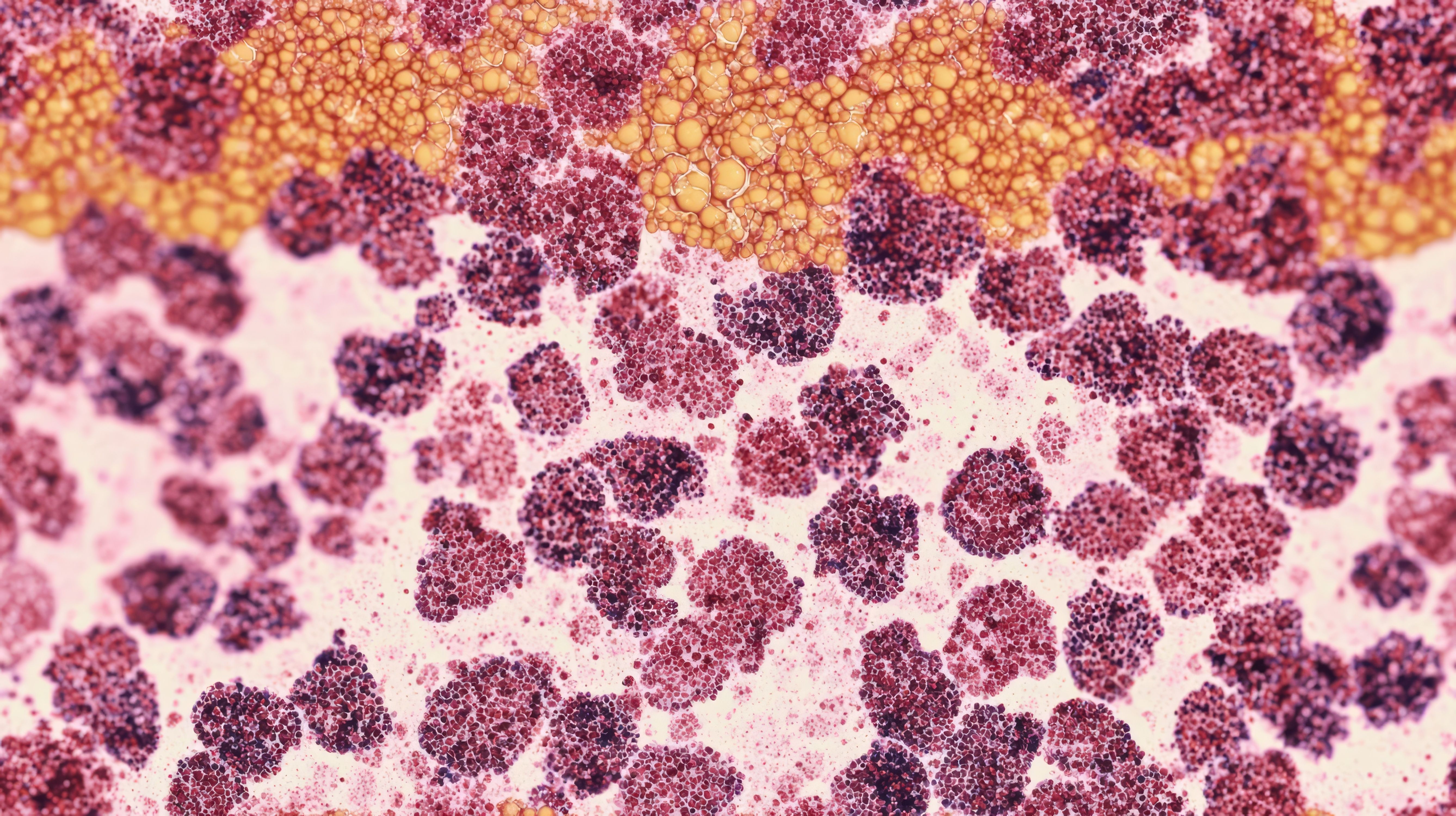Article
FDA Approves FoundationOne CDx Genomic Test as Companion Diagnostic for Larotrectinib
Author(s):
The FDA has approved the FoundationOne CDx (F1CDx) comprehensive genomic test as a companion diagnostic for larotrectinib (Vitrakvi) to identify patients with NTRK1/2/3 gene fusions across all solid tumors.
The FDA has approved the FoundationOne CDx (F1CDx) comprehensive genomic test as a companion diagnostic for larotrectinib (Vitrakvi) to identify patients with NTRK1/2/3 gene fusions across all solid tumors.
FoundationOne CDx is currently the sole FDA-approved tissue-based comprehensive genomic profiling assay that is indicated to detect NTRK1/2/3 fusions across all solid malignancies and identify those who may be appropriate for treatment with the TRK inhibitor. Larotrectinib is approved for the treatment of adult and pediatric patients with solid tumors that have a NTRK gene fusion without a known acquired resistance mutation, are metastatic or where surgical resection is likely to result in severe morbidity, and have no satisfactory alternative treatments or that have progressed following therapy.
“Taking a comprehensive and validated approach to genomic testing is critical for all advanced cancer patients, but especially for those harboring rare mutations that can be missed with alternative testing methods,” said Brian Alexander, MD, MPH, chief medical officer at Foundation Medicine. “Not only will this approval improve access to genomic testing and reinforce the role it plays in rare cancers, but it also confirms the incredible progress made toward tumor-agnostic cancer care. We’re proud of the impact this will have on NTRK fusion—positive cancer patients.”
The FDA approved larotrectinib in November 2018 based on findings from patients with TRK-positive tumors enrolled across 3 clinical trials. In results published in the New England Journal of Medicine (NEJM) in February 2018, larotrectinib induced an objective response rate (ORR) of 75% (95% CI, 61-85) by independent review and 80% (95% CI, 67-90) by investigator assessment in 55 evaluable patients. Per the independent assessment, there were 7 (13%) complete responses (CRs), 34 (62%) partial responses (PRs), and 7 (13%) patients with stable disease (SD).
Click to continue reading on OncLive.
Newsletter
Stay informed on drug updates, treatment guidelines, and pharmacy practice trends—subscribe to Pharmacy Times for weekly clinical insights.




